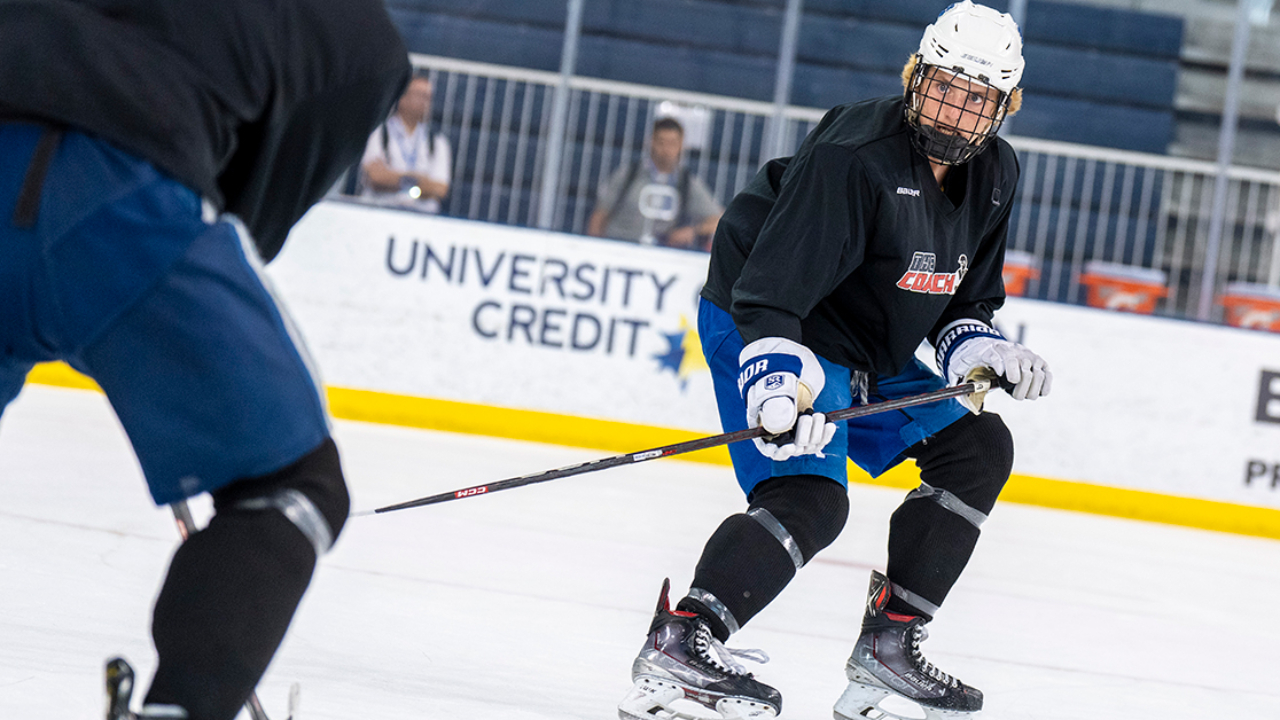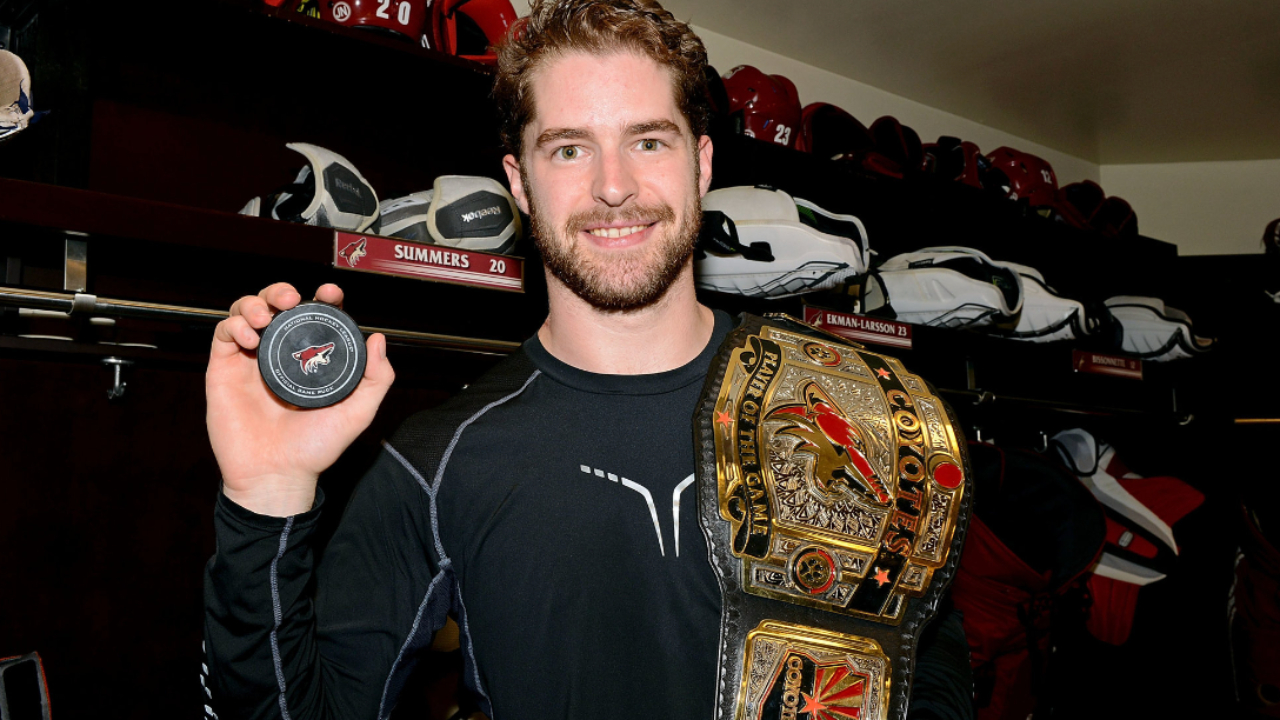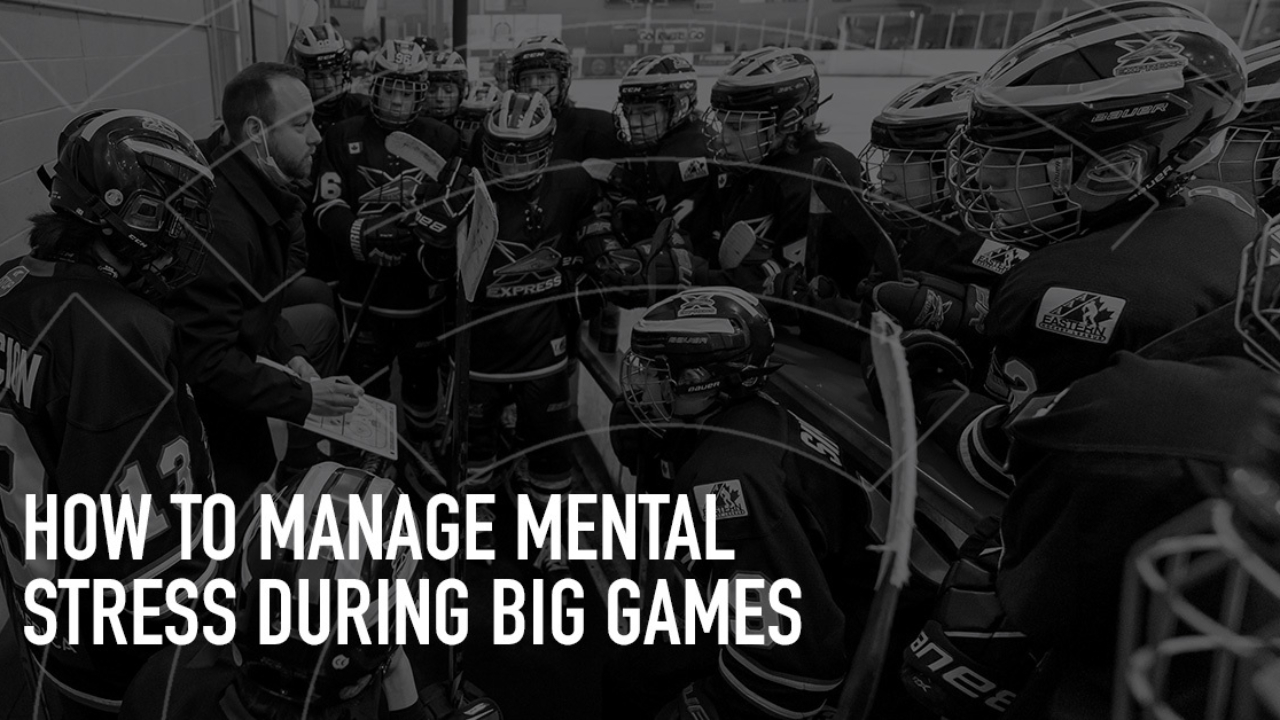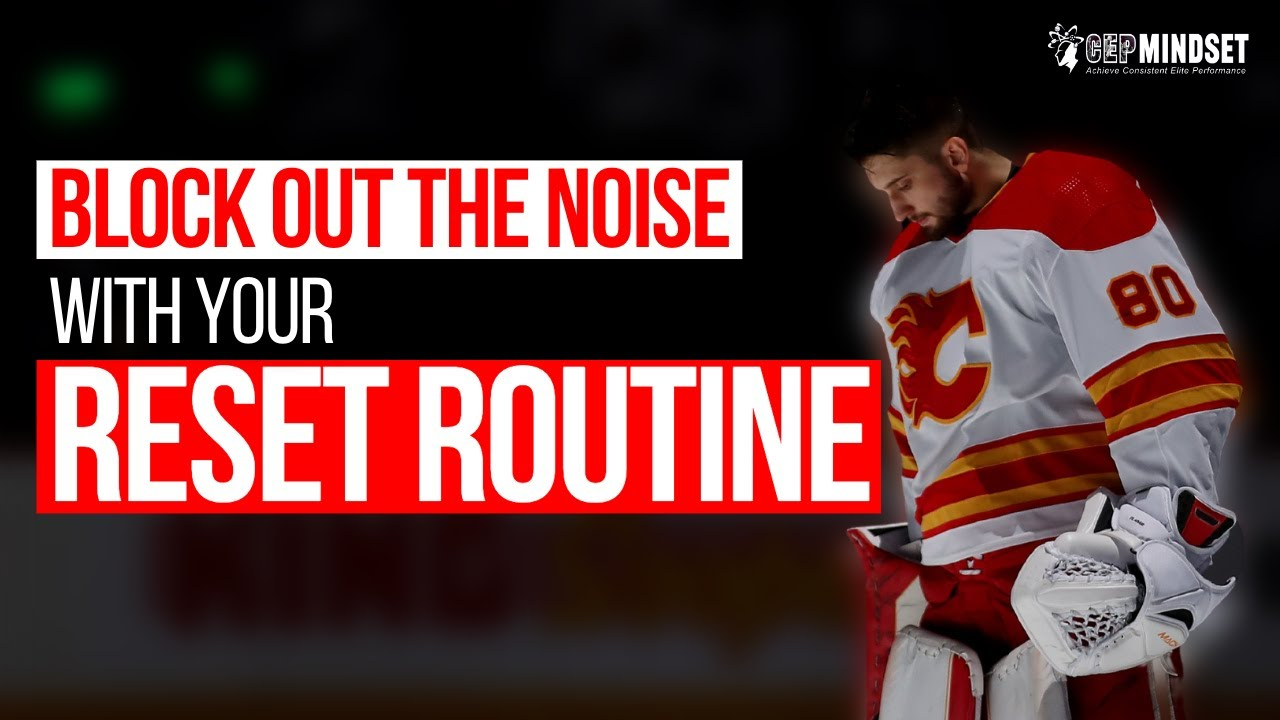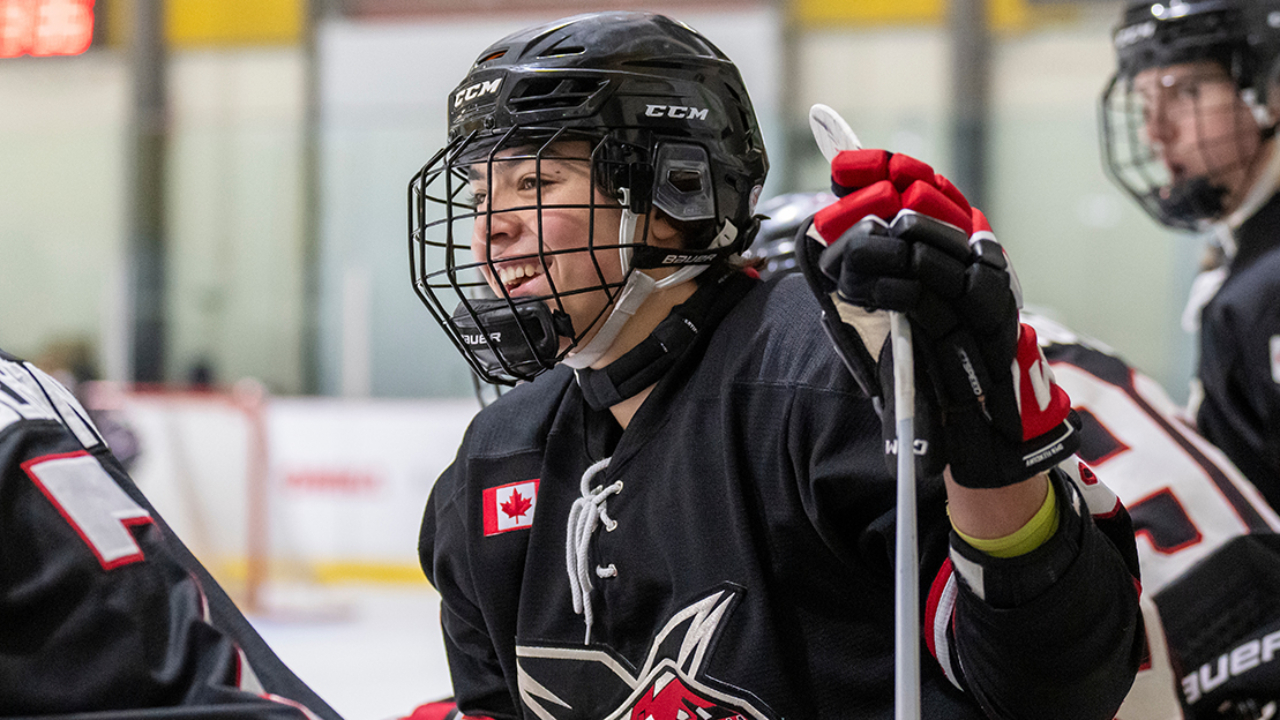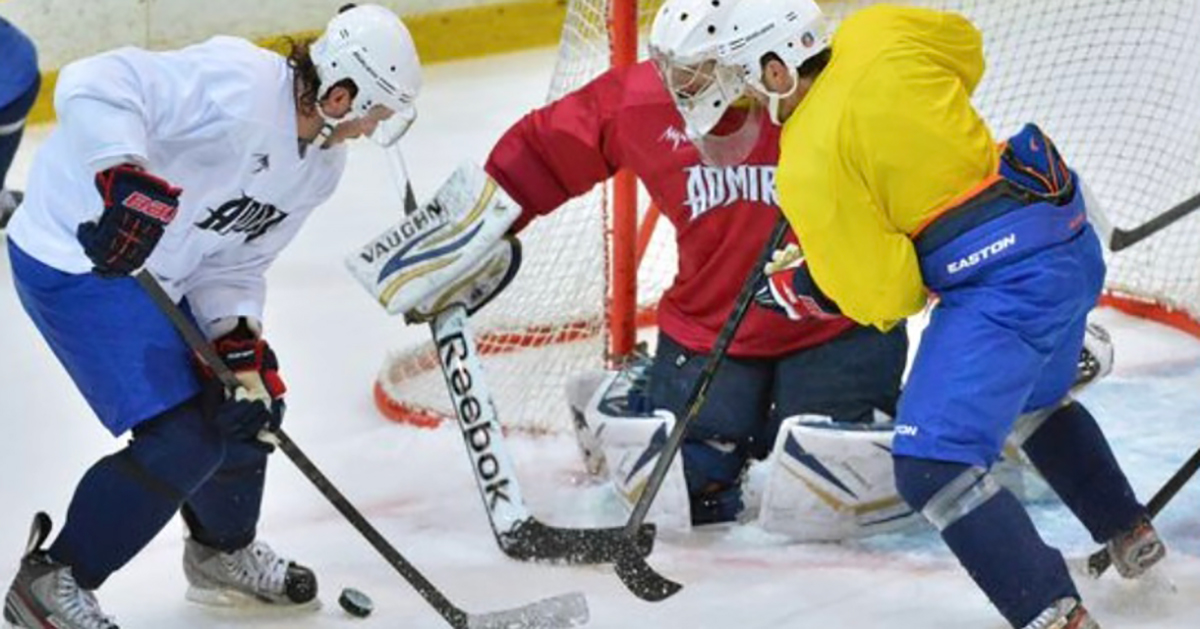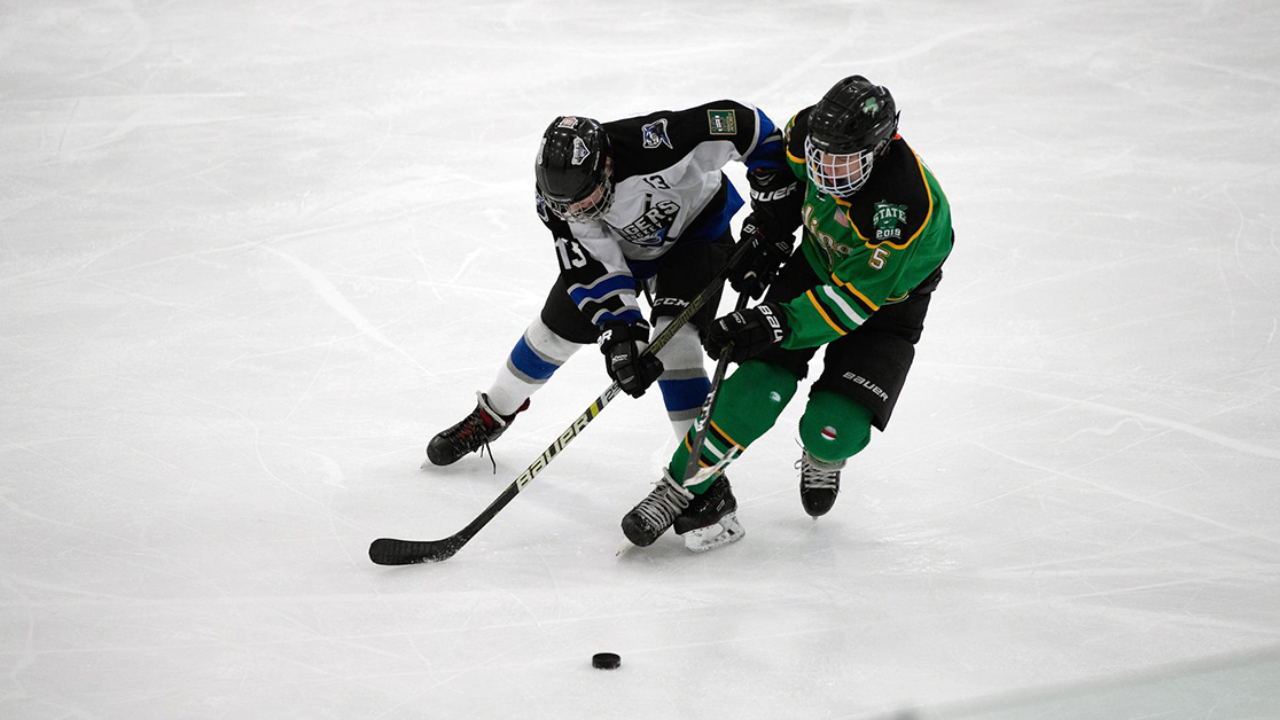
In sports, we teach athletes to stay in the present moment and to focus on controlling what they can. When training athletes to control their controllability, we use the acronym E.A.R.
E. – Athletes can control their emotions, Effort and Execution.
A. – They can control their Attitude.
R. – Response to Failure: Mistakes are inevitable in the heat of competition. How athletes respond to these setbacks can often determine the game's course and performance. How do they cover mistakes and maintain peak performance?
Feeling frustrated or disappointed after making a mistake or facing an unfavourable call is natural. However, allowing these emotions to spiral out of control can harm your performance. Picture this: a player misses a crucial shot or disagrees with a referee's decision. The frustration mounts, leading to negative body language and a loss of focus. Before they know it, their performance spirals downward.
Here's a breakdown of the three-step process to recover from mistakes:
Step One: Utilize Breathwork
When emotions overwhelm you, you must regain control of your mental state. Deep breathing exercises are a powerful tool to center yourself and refocus your attention on the present moment. One effective technique is "count breathing," involving a three-second inhale, a brief pause, and a four-second exhale.
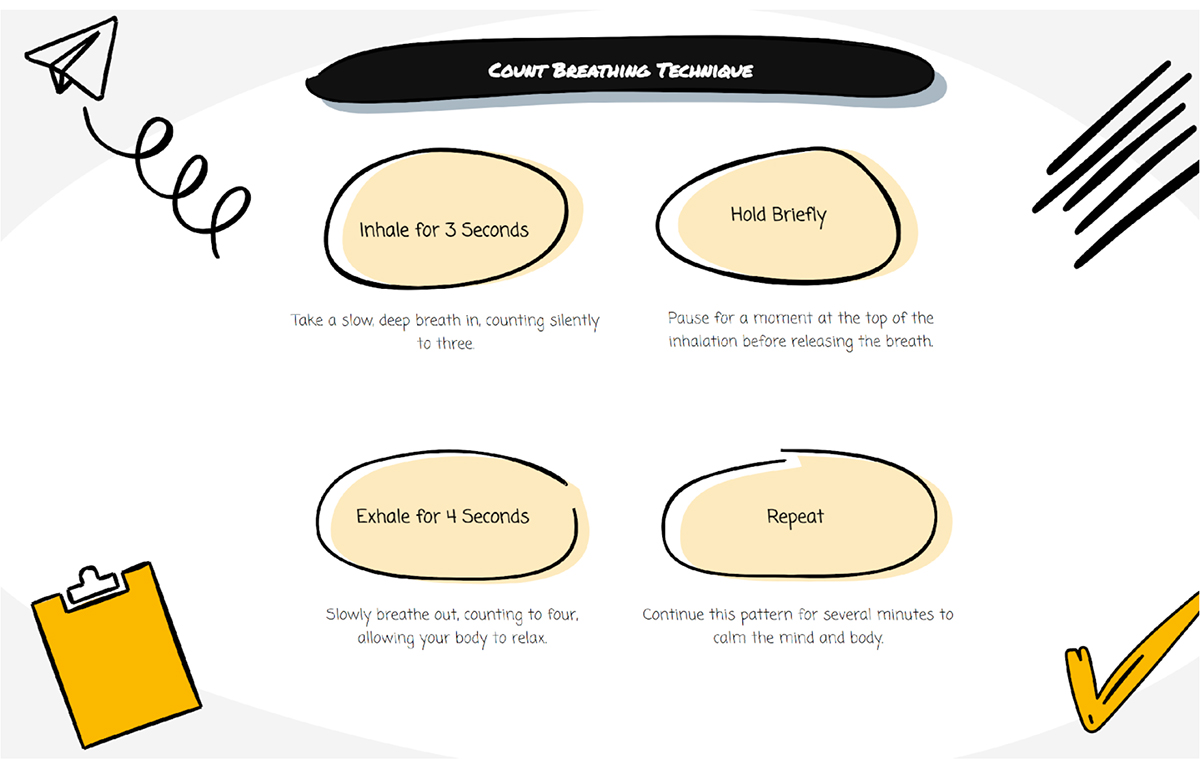
Another influential count breathing technique is to breathe in on a count of five, briefly hold, breathe out for a count of five, and repeat.
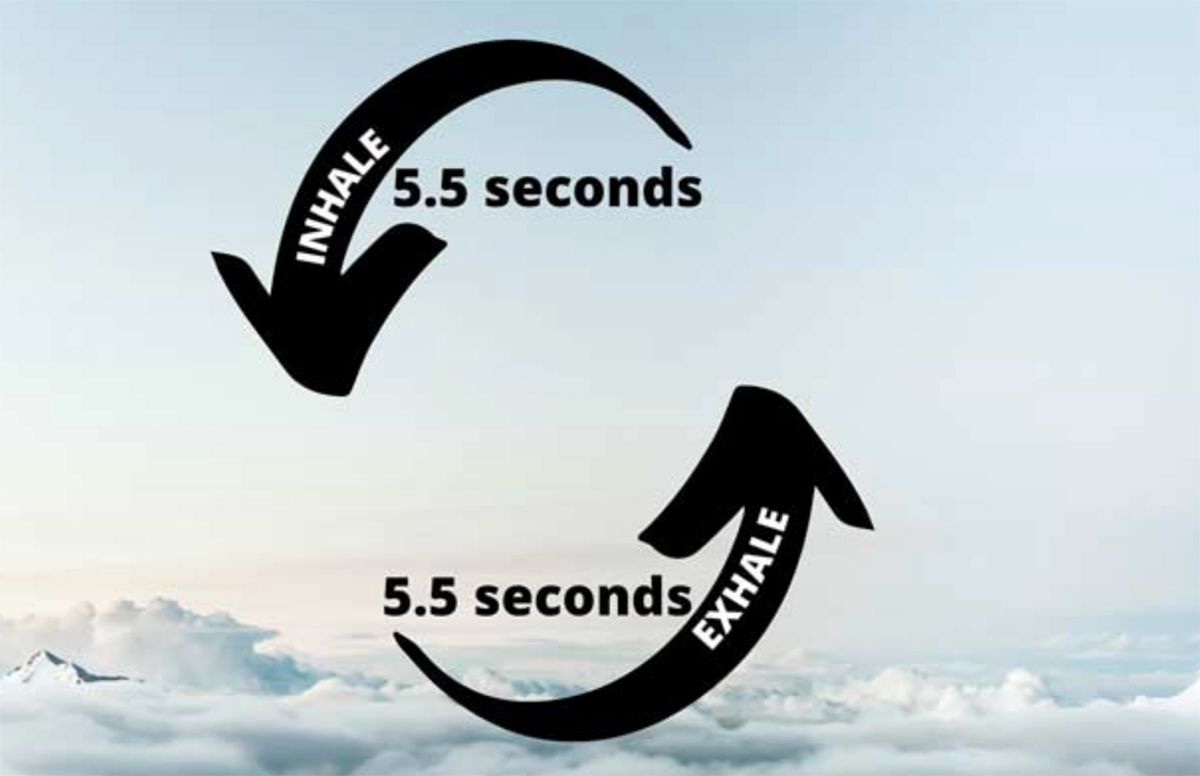
Alternatively, try box breathing with a five-second inhale, a brief pause, and a five-second exhale. These exercises help calm your mind, bring clarity to your thoughts, and bring you to the present moment, enabling you to move forward with composure.
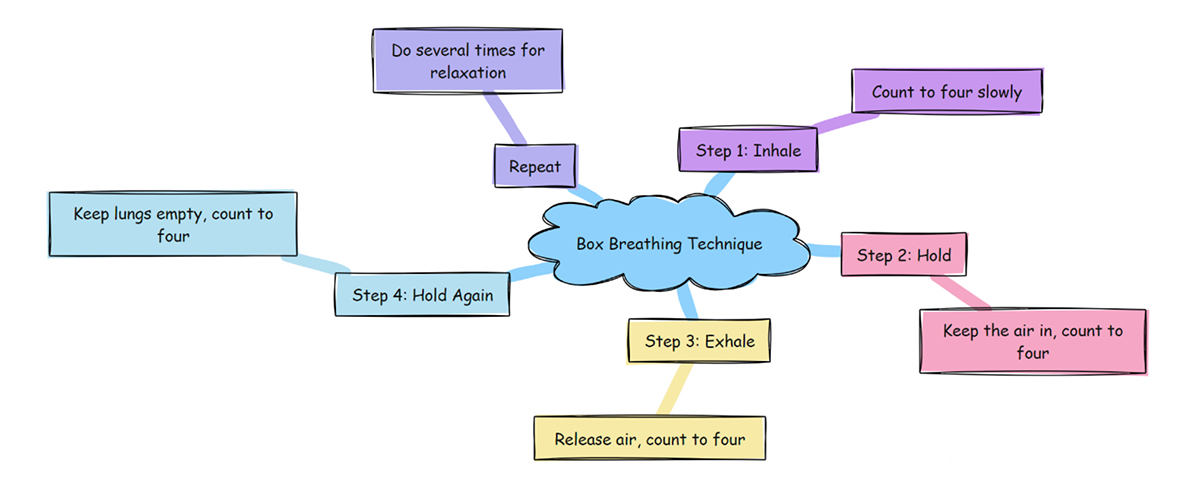
Step Two: Repeat a Mantra
In moments of frustration and agitation, self-talk is a game-changer. Choose a simple yet impactful mantra to reaffirm your focus and release negative emotions. It would be best if you repeated this mantra several times. Whether it's:
- "Breath, relax, next play"
- "I got this – focus!"
- “Right here – right now"
Repeating a positive affirmation empowers you to take control of your thoughts. Directing your inner dialogue prevents negative emotions from dictating your actions and maintains a clear mindset.
Step Three: Refocus on Controllable Actions
Refocusing on the present moment and tangible, controllable actions is essential. Concentrate on simple tasks that contribute to your and your team's success rather than dwelling on past errors or fixating on outcomes (like I need to score the next goal). For example, in hockey, focus on giving a 2nd and 3rd effort on the next shift or executing fundamental techniques, such as hitting the net on your next shooting opportunity or maintaining defensive positioning with your stick on the puck. You regain momentum by redirecting your focus to actionable steps and preventing one mistake from snowballing into many.
In conclusion, mastering the art of recovering from mistakes requires diligence and practice. By incorporating the three-step approach to Response to failure – athletes can effectively navigate through mistakes and maintain peak performance. So, the next time you encounter adversity on the field or the court, remember to breathe, refocus, and reaffirm your commitment to success. With these three steps, you'll be well-equipped to overcome setbacks and emerge stronger.





